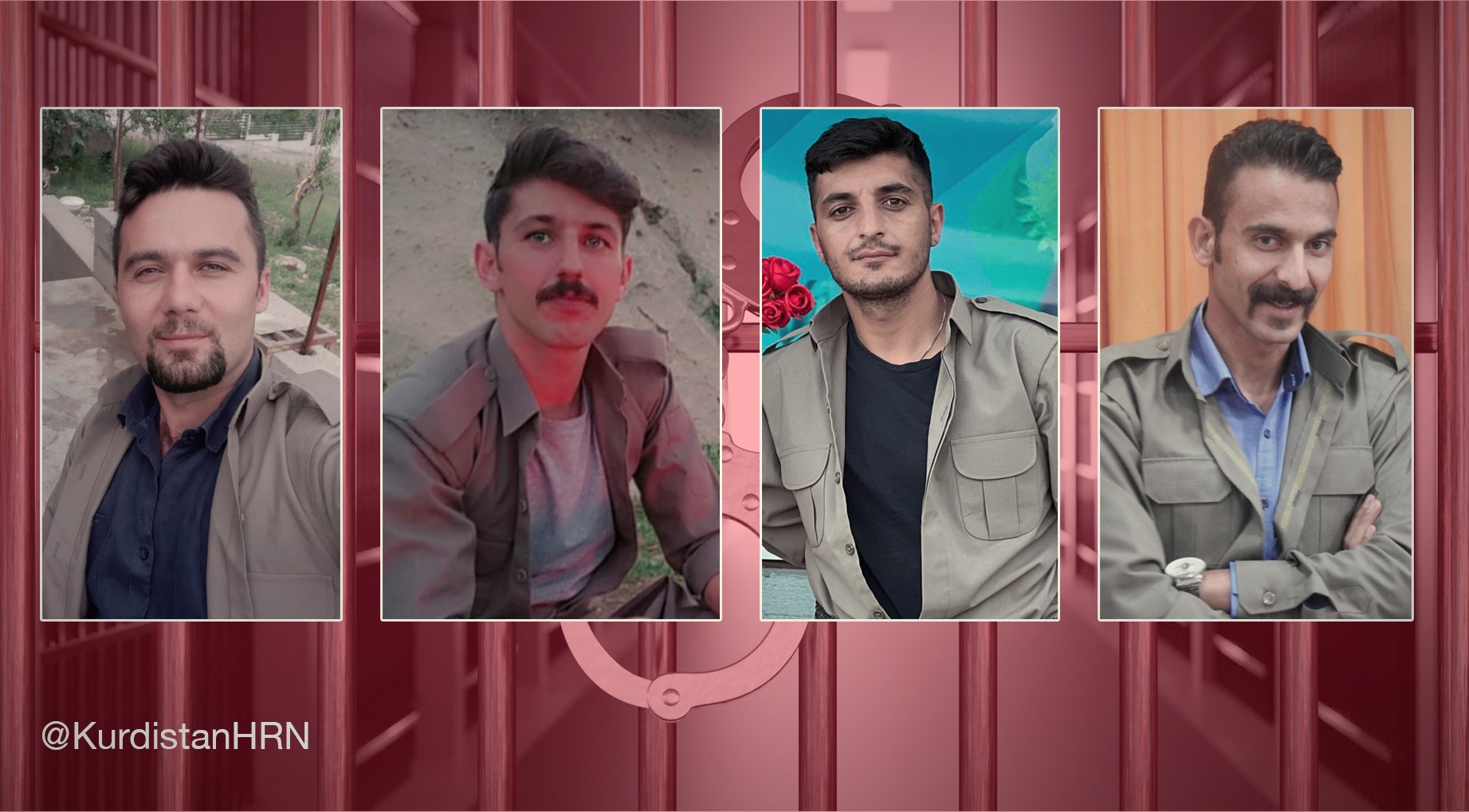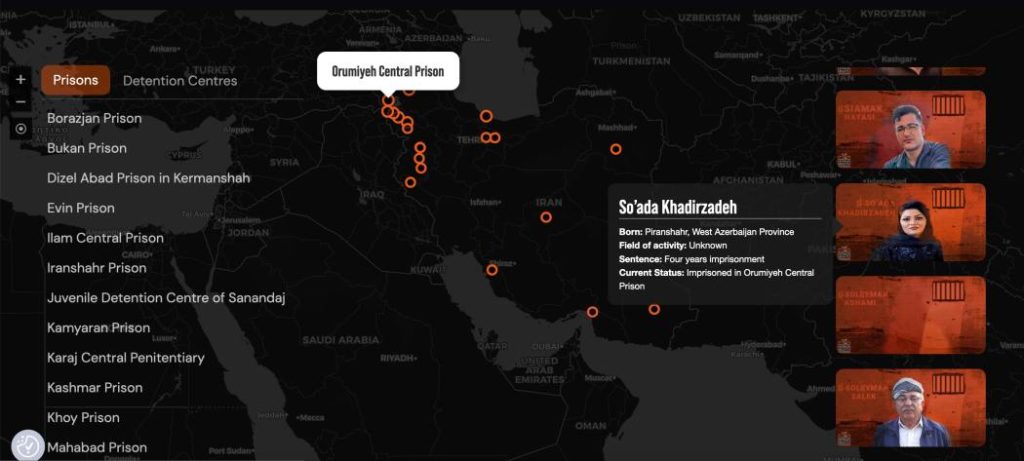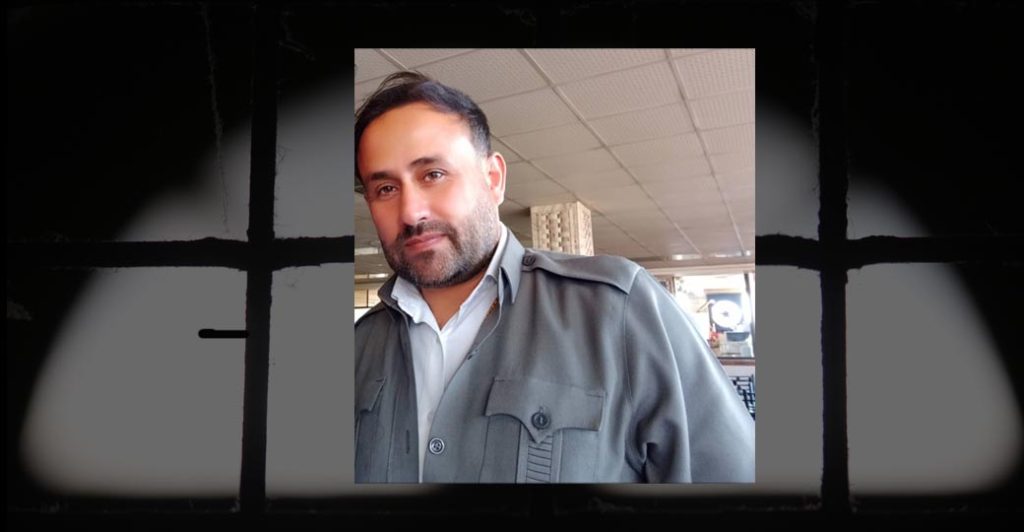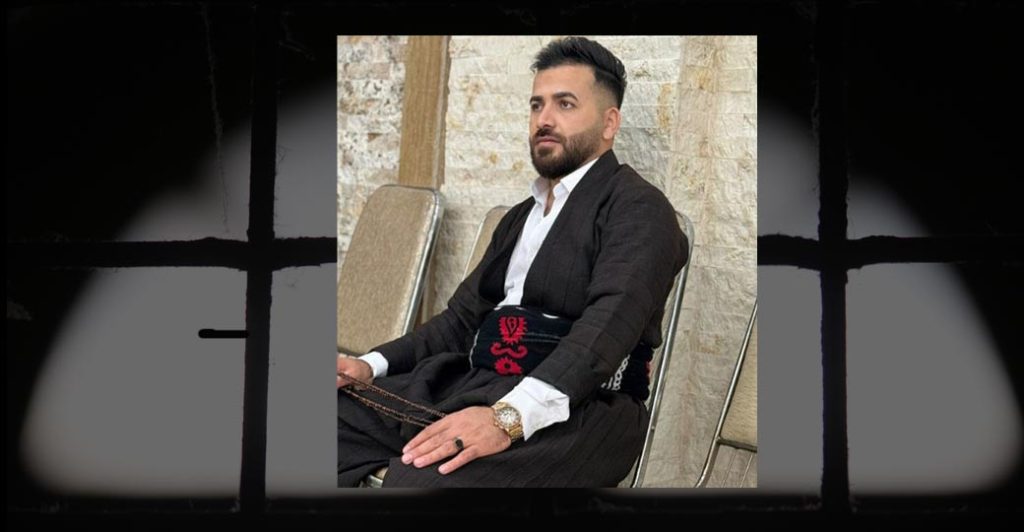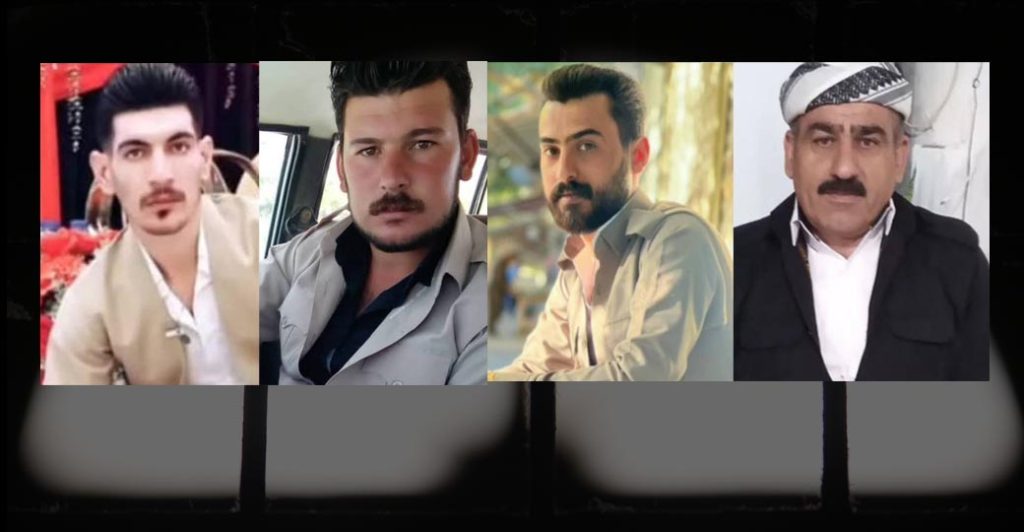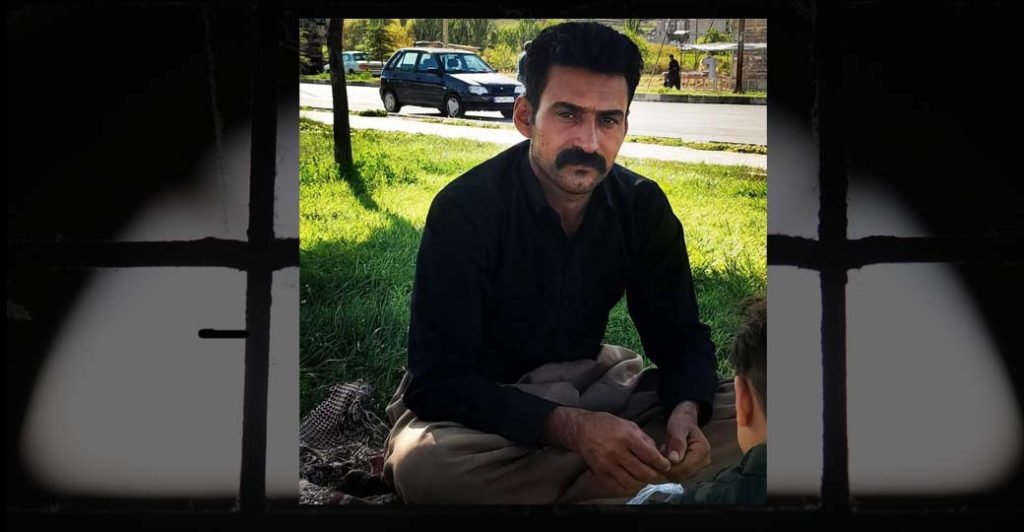A group of four members of the Komala Party of Iranian Kurdistan named Mohsen Mazloum, Hazhir Faramarzi, Vafa Azarbar, and Pezhman Fatehi, who were sent to Orumiyeh, West Azerbaijan province, to carry out an organisational mission, were arrested by the forces of the Ministry of Intelligence and Hamzeh Seyyed al-Shohada camp.
Despite the repeated visits of the families of these individuals to the judiciary and security institutions in Orumiyeh, no information has been obtained so far about their fate.
The security agencies of the Islamic Republic of Iran have repeated fictitious scenarios by attempting to link the detained Komala members to Israel’s Mossad, raising concerns about their fate.
“Contrary to the claims of the Ministry of Intelligence, these people were sent to Orumiyeh only to carry out organisational and political work and did not have any weapons with them”, a family member of one of the detainees said in an interview with the Kurdistan Human Rights Network (KHRN).
According to the source, the families of these individuals who reside in Kamyaran, Sanandaj, Dehgolan, and Mahabad have gone to Orumiyeh many times and asked about the situation of their children. But, so far, the court and the security institutions have not given them any answer.
The source added: “The continued lack of information about the fate of all four arrested members of Komala and the daily publication of fake stories regarding their connection with the Mossad has caused the families to worry about their fate.”
In the past few days, the Komala strongly denied the intelligence ministry’s claims emphasizing that their detained members were not armed and that they were not affiliated with the Mossad.
Komala added that the ministry’s claims were “evidence for further repression in Kurdistan, incitement against the struggles for the rights of the Iranian people, and fodder for domestic consumption”.
In its statement, Komala held the Islamic Republic and its security institutions directly responsible for the lives of its arrested members and asked human rights organisations not to remain silent about this typical and made-up scenario.

